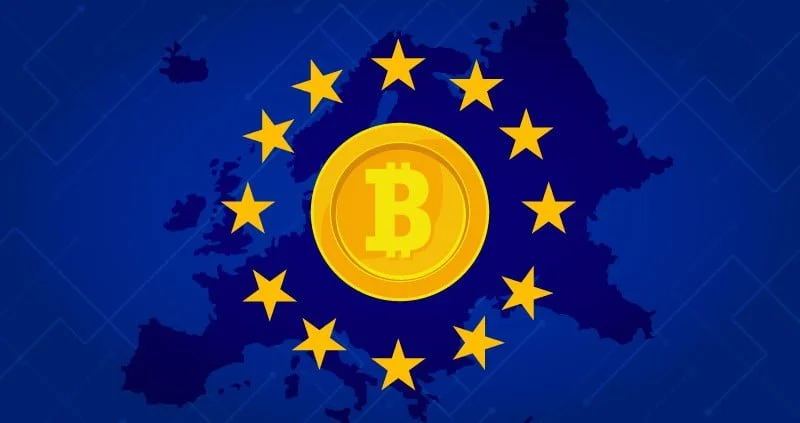Since cryptocurrencies have the potential to be used in illegal financial transactions, The European Union (EU) is planning to establish a new agency to combat these crimes.

According to a recent Reuters article, the European Union is considering establishing a new body to set new monetary transparency standards, combat money laundering, and possibly block terrorist financing from within the EU.
The department will be known as the Anti-Money Laundering Authority (AMLA), and one of its responsibilities will be to keep track of digital assets.
Cryptocurrencies, according to the EU’s executive European Commission, require tight regulation since they could be used in illegal money laundering schemes. Furthermore, virtual assets could be used to pay terrorist groups:
“The lack of such rules leaves holders of crypto-assets exposed to money laundering and financing of terrorism risks, as flows of illicit money can be done through transfers of crypto-assets.”
Sven Giegold, a member of the European Parliament from the German Green Party, emphasized the European Union’s efforts. He expressed optimism that the united efforts of all Union government organizations would result in better results in the fight against monetary crime:
“With uniform standards and more centralized supervision, the EU Commission is introducing important improvements to enable consistent action against financial crime. The EU should in the meantime pursue legal action against EU states that are not enforcing AML rules properly.”
The governor of the French central bank, François Villeroy de Galhau, has warned that if the EU does not regulate cryptocurrencies as soon as feasible, Europe’s monetary sovereignty could be jeopardized:
“Whether it is digital currencies or payments, we in Europe must be ready to act as quickly as necessary, or take the risk of an erosion of our monetary sovereignty.”
When it comes to the use of digital assets, he did not highlight money laundering as a concern. Instead, the euro’s international significance would be jeopardized without a regulated framework for Bitcoin and other cryptocurrencies. The measure, he believes, should be undertaken in the coming months, or the EU will “lose momentum:”
“I must stress here the urgency: we do not have much time left, one or two years.”
